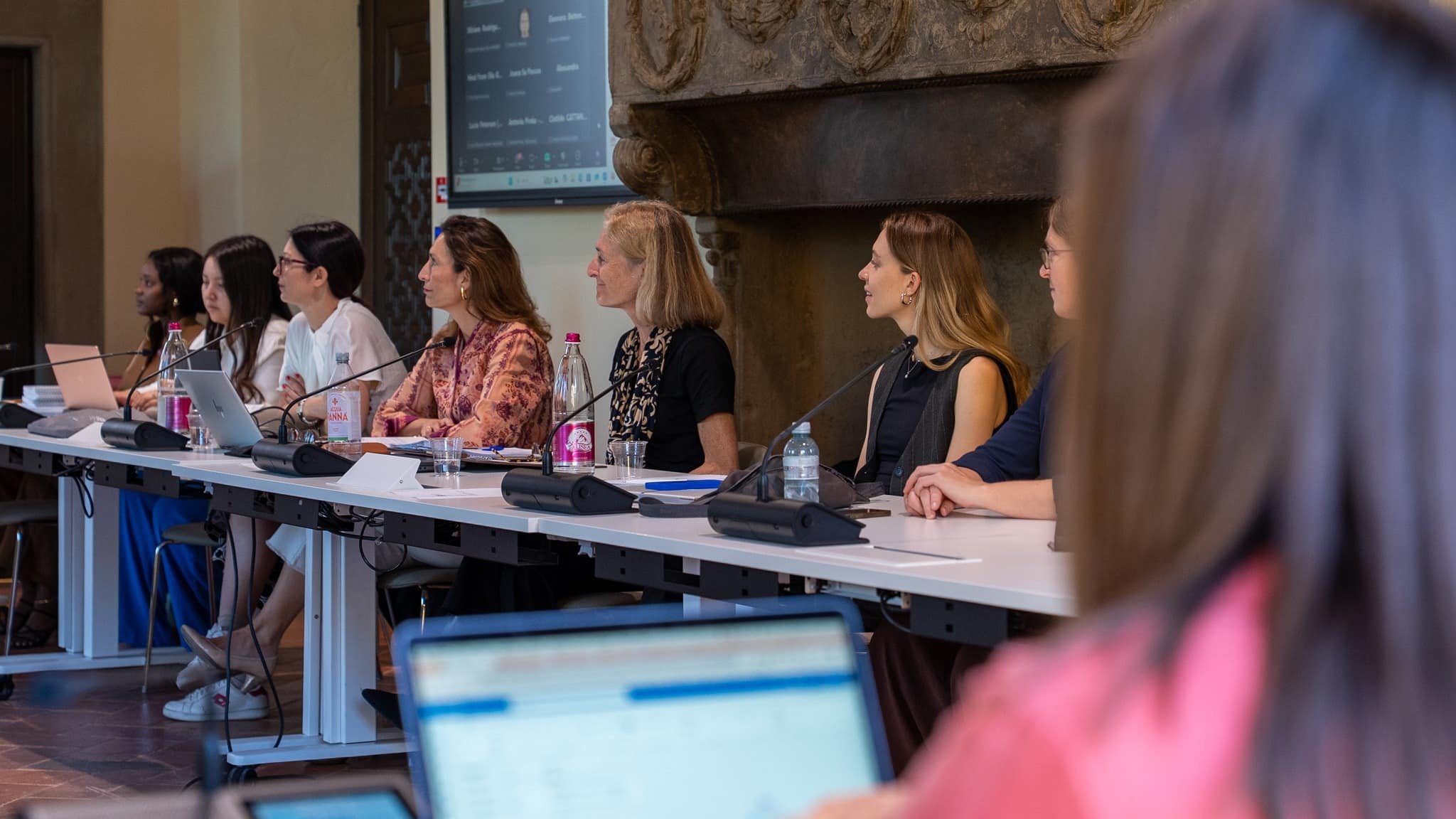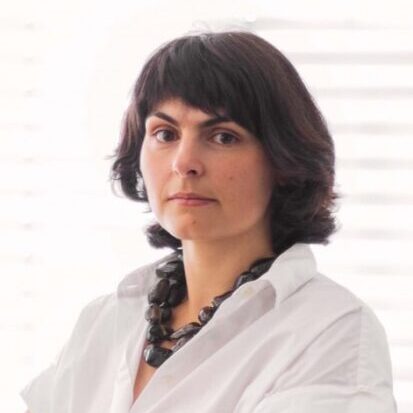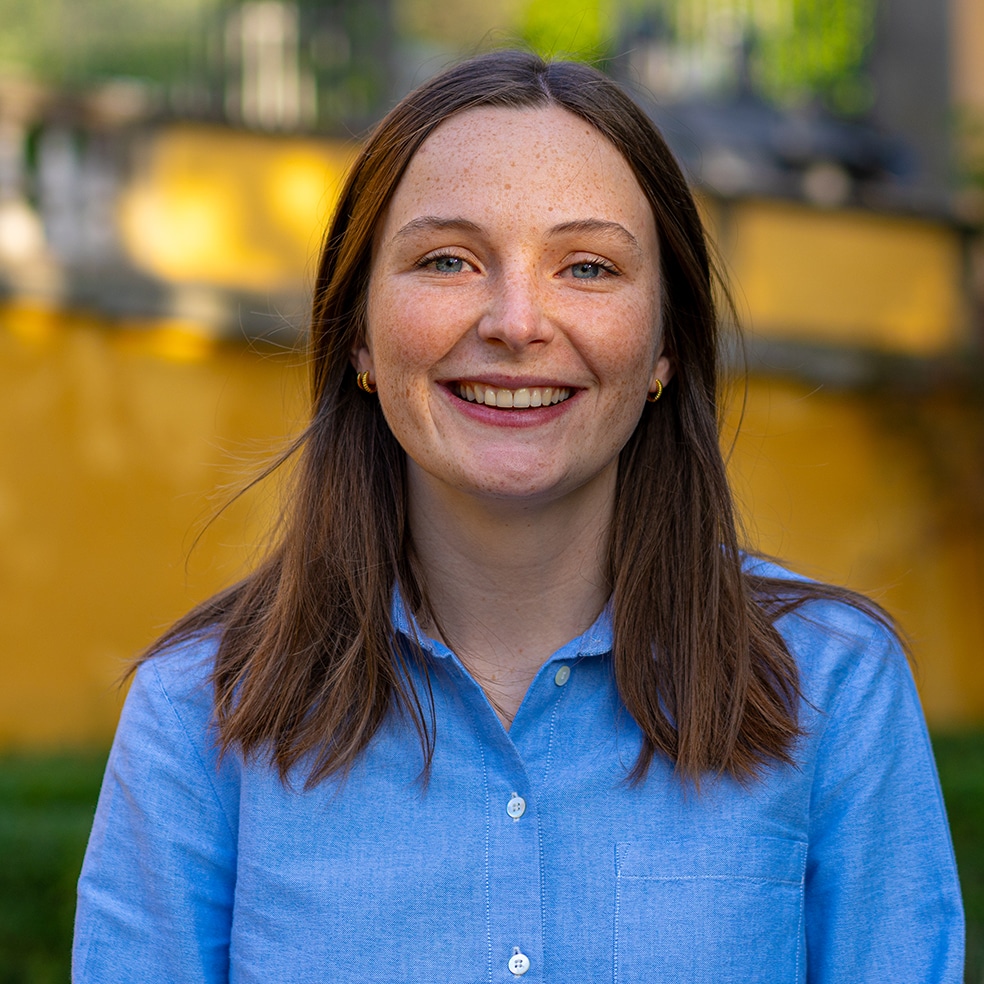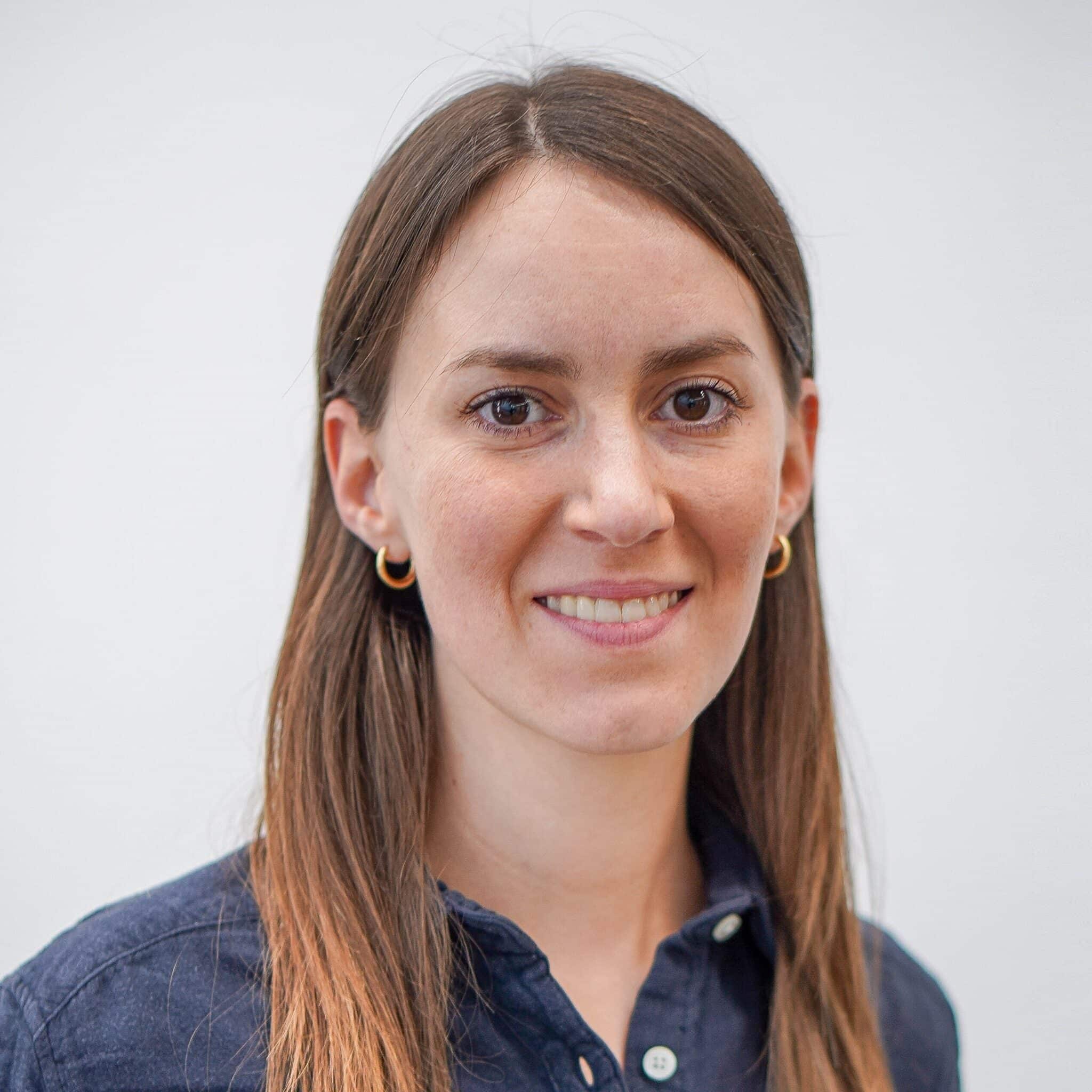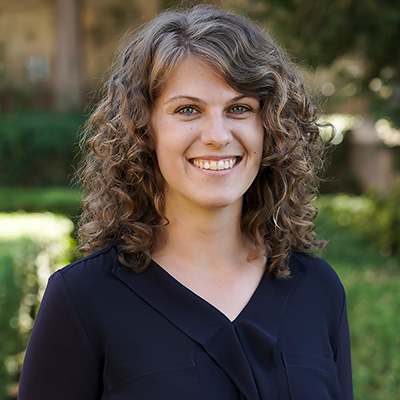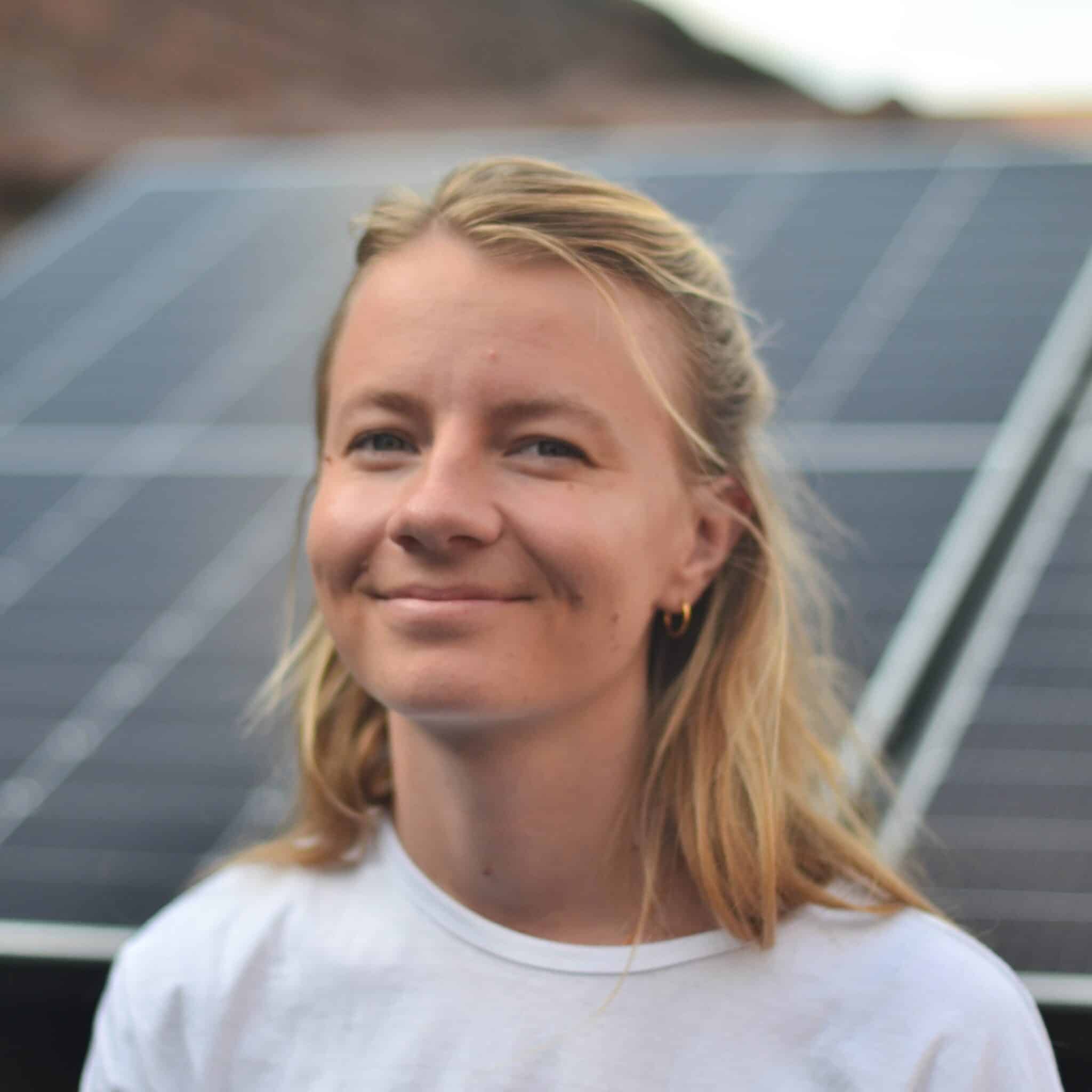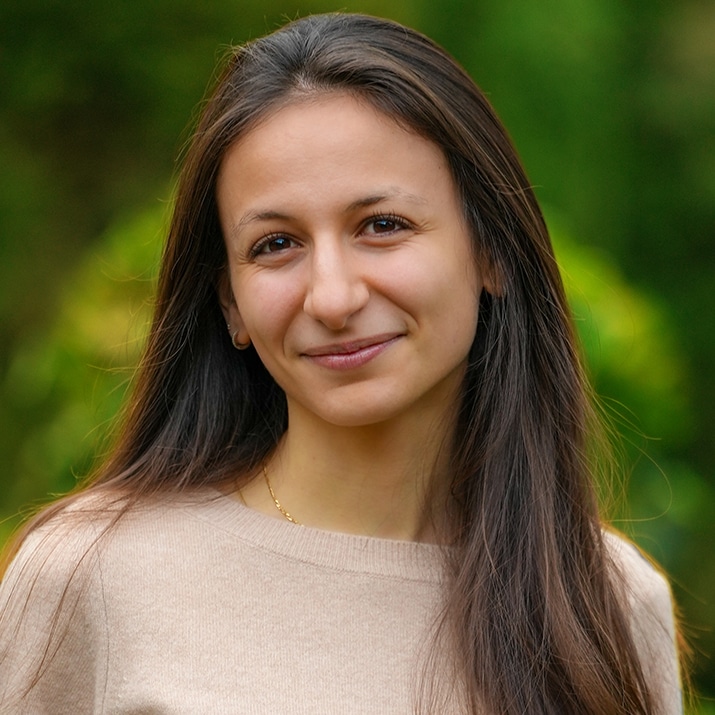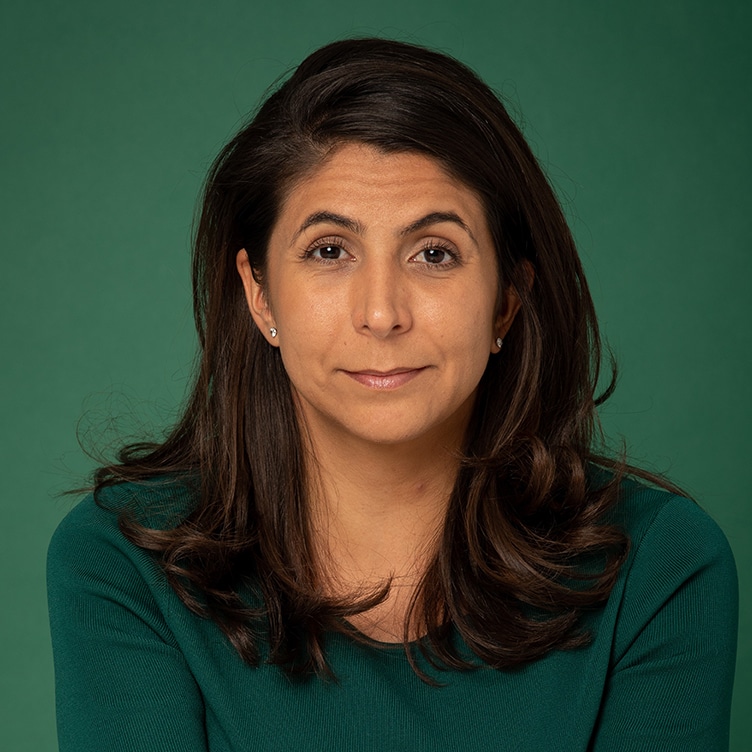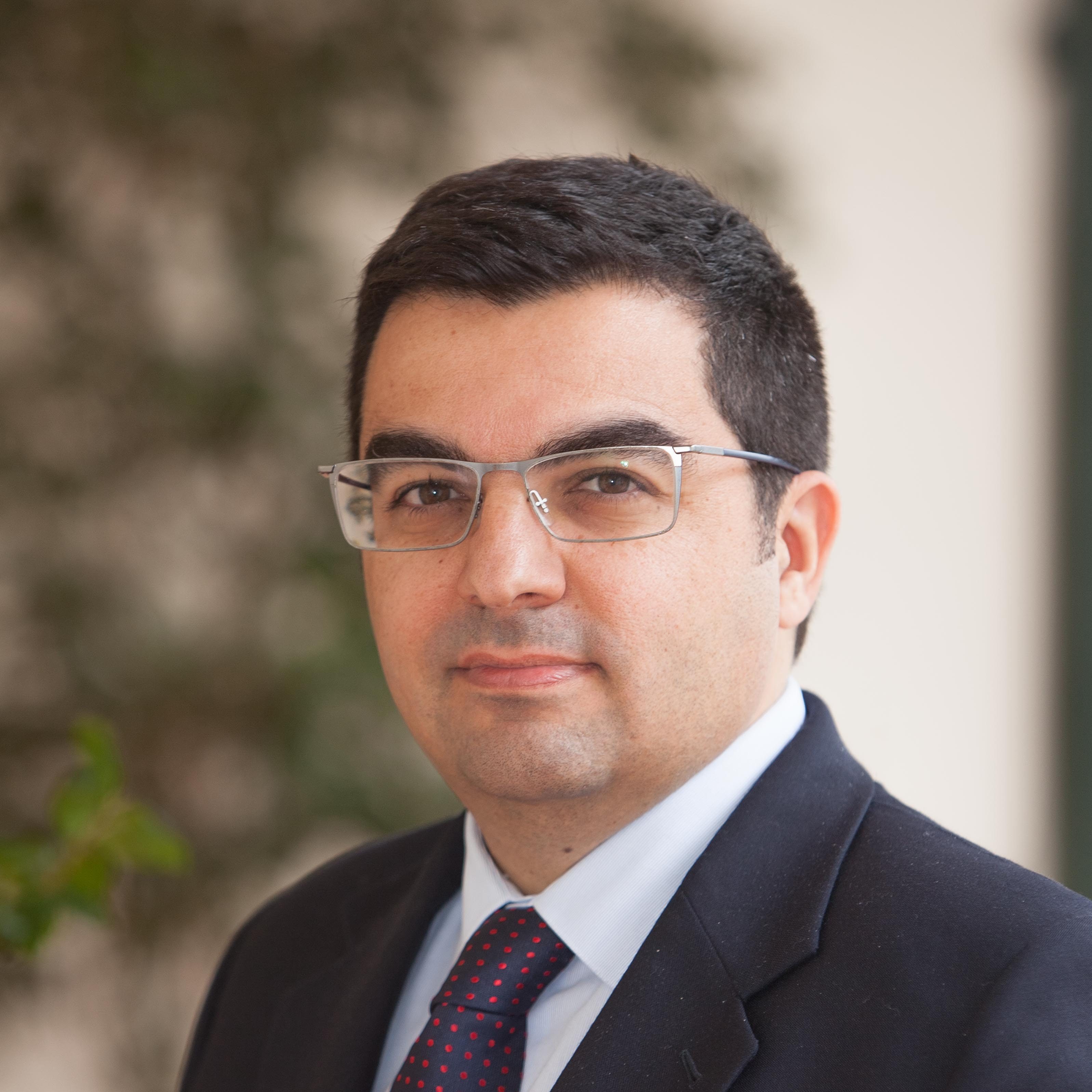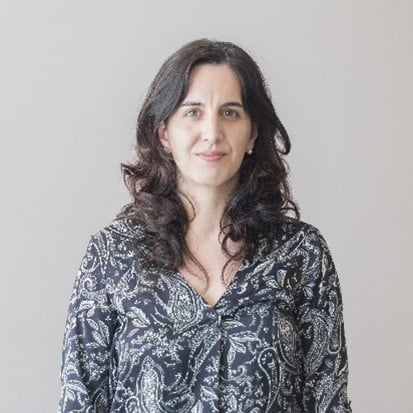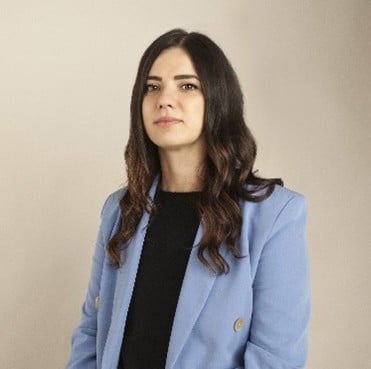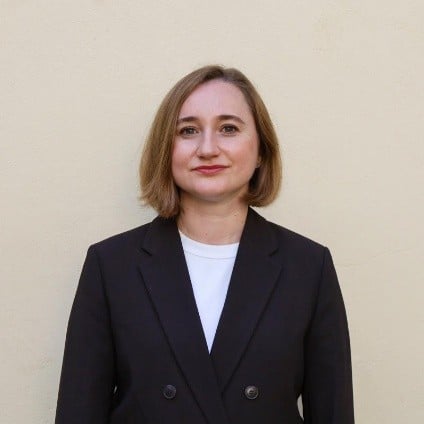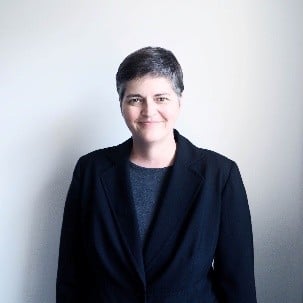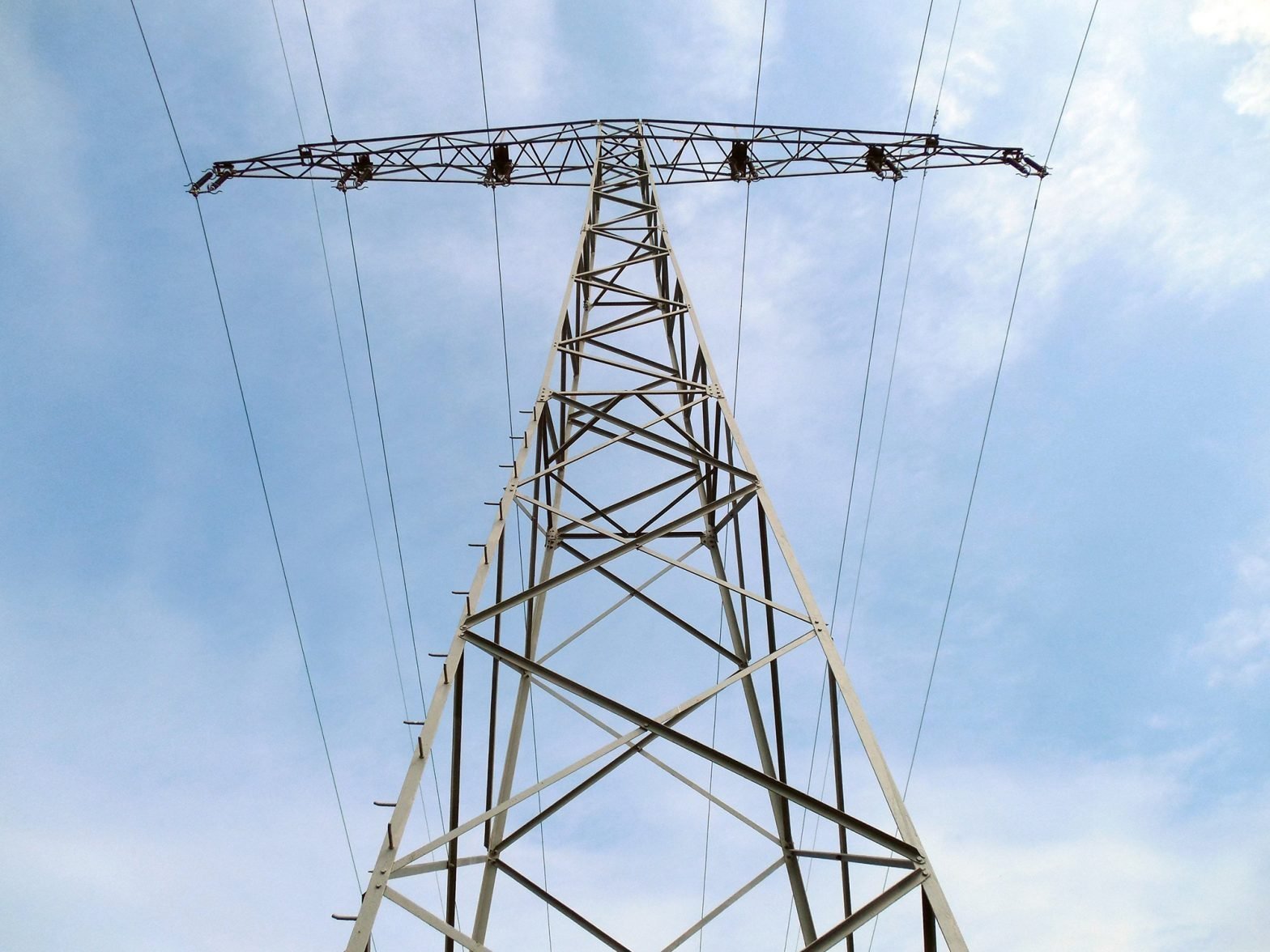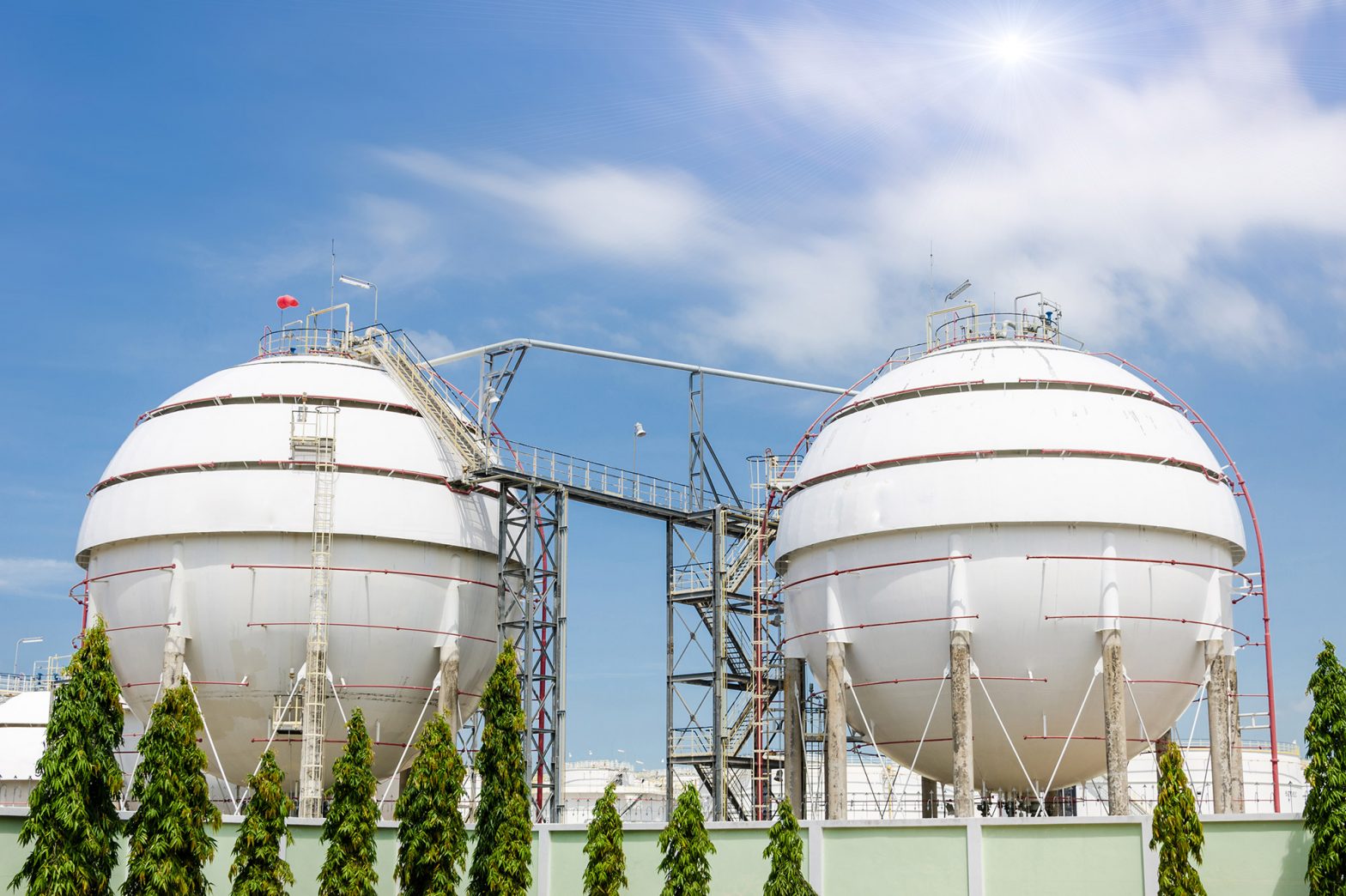Sustainable and Smart Cities
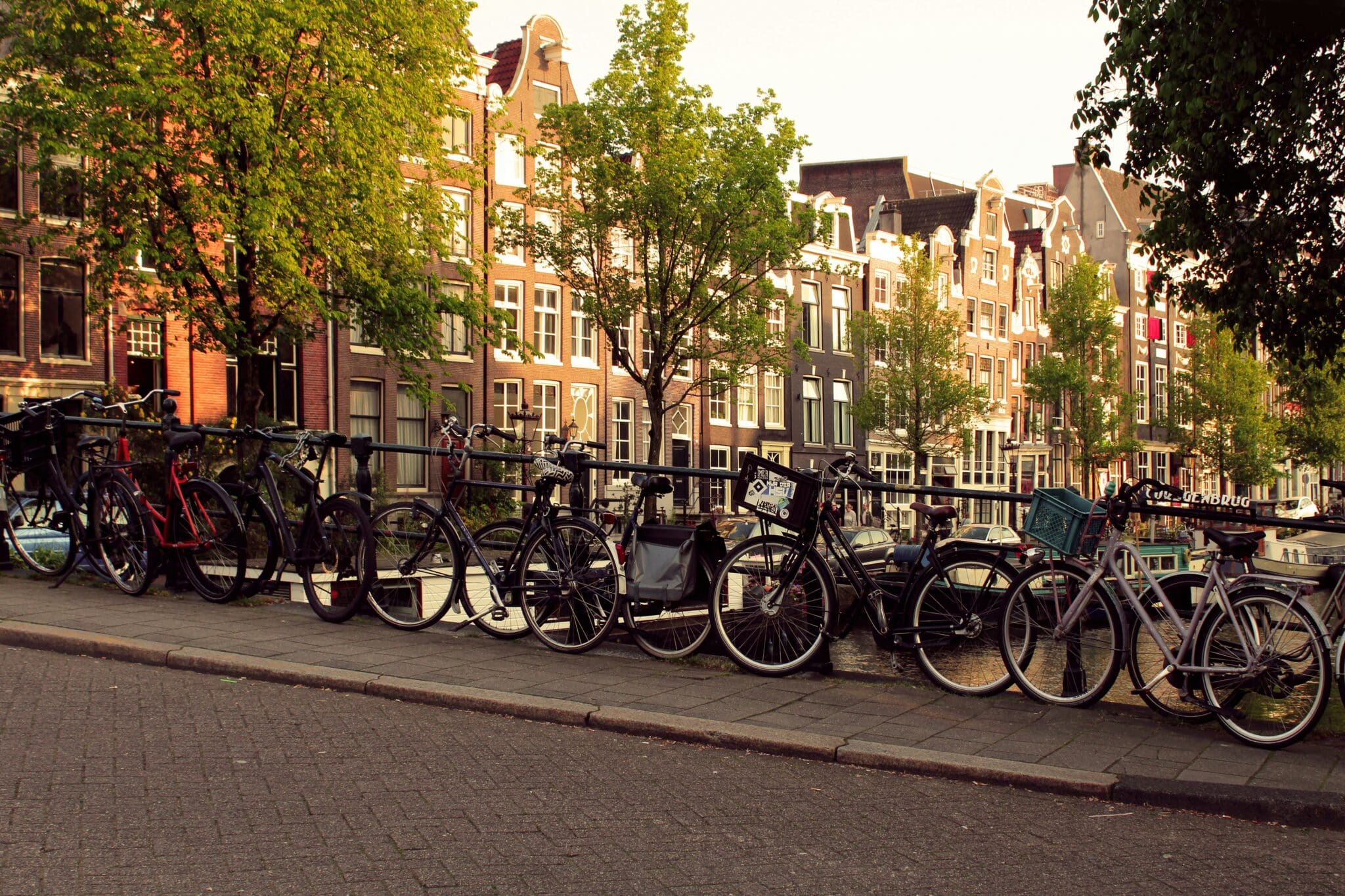
Driving global decarbonisation
This course aims to empower city-level actors as main drivers of the energy and climate transition and enable their deeper involvement in the decision-making process.
The training will focus on five areas where cities can be particularly impactful: the uptake of renewable energy, improving the energy efficiency of the building stock, digitalisation and smart grids, transport, as well as resilience.
Through this course we provide answers to the following questions:
- How can cities effectively leverage the technological and regulatory tools at their disposal to become drivers of the global energy and climate transition?
- What strategies have been successful in engaging the full gamut of relevant actors in a city’s energy and climate planning process?
- How can cross-sectoral solutions and new governance models accelerate cities transition, while being equitable and contributing to the well-being of citizens?
- How can cities prepare for the adverse effects of climate change?
10% discount for registration and payment made by 17 December 2025.
Cities hold a dual role as main drivers of the economy and key players for achieving climate goals. This course delves into the challenges and opportunities cities present for energy and climate policy. We will explore how cities can tackle complex governance challenges to develop comprehensive urban decarbonisation plans in collaboration with citizens and companies. We will analyse the incentives, regulations and policies that support cities in implementing these plans, for example by becoming more active energy players.
In this context, we will examine how cities can enhance service delivery, strengthen emergency preparedness, and enable more effective response strategies, including through the use of emerging technologies.
Our learning approach is grounded in the understanding that while each city’s path to decarbonisation is unique, there are regulatory tools and best practices that can provide important guidance and inspiration. We focus on providing essential knowledge and fostering collaborative discussions to empower participants to find the best solutions for their own communities.
This course is also part of the EUI Global Executive Master.
Week 0: Introduction
19 February 2026
Welcome class and introduction to the course and topics.
- Welcome class with Max Münchmeyer (FSR) and Isabel Azevedo (Inegi, FSR): 19 February 2026, 14.00-15.00 CET
Week 1: City Decarbonisation Governance
27 February – 5 March 2026
In the first week of the course, we focus on the complex governance challenges that cities may encounter when drawing up a comprehensive decarbonisation strategy. These obstacles to effective organisation may arise from multilevel coordination issues, silos within city administration, or a lack of alignment between the public and private sectors. We examine some of the principal planning strategies that cities have followed in order to overcome these barriers and to design plans for inclusive energy and climate transitions.
- Office Hour Week 1 with Max Münchmeyer (FSR) and Arda Lelo (ICLEI Europe): 3 March 2026, 14.00-15.00 CET
- Expert Panel Week 1 moderated by Max Münchmeyer (FSR), with Eero Ailio (EC), Stephen Davis (C40 Cities) and Jaya Dhindaw (WRI India Ross Center): 5 March 2026, 14.00-15.00 CET
Keywords: multilevel governance; silo thinking; integrated planning; Covenant of Mayors; Climate City Contracts; Local Green Deals
Week 2: Renewable Energy and Energy Efficiency in Cities
6 – 12 March 2026
In the second week, we will focus on the energy sector. Specifically, we explore how cities can best foster citizen ownership of the urban energy transition through energy sharing, and how decision-makers at municipal level can leverage rules on renewable energy, permitting, and zoning to efficiently decarbonise their communities. We will also discuss the important role of energy efficiency as the ‘first fuel’ in city energy system decarbonisation, with a particular focus on the buildings sector. Recent developments in building energy performance regulation and policy will be examined to identify new opportunities and challenges for cities.
- Office Hour Week 2 with Isabel Azevedo (FSR), Max Münchmeyer (FSR) and Alessandra Porcari (FSR): 10 March 2026, 14.00-15.00 CET
- Expert Panel Week 2 moderated by Isabel Azevedo (FSR), with Gonzalo Esteban López (City of Granada), Pedro Raul Narro Sánchez (Committee of the Regions), Lorenzo De Vidovich (RSE): 12 March 2026, 14.00-15.00 CET
Keywords: Energy Performance of Buildings Directive; Building Renovation Passports; Zero-Emission Building; deep renovation; Energy Performance Certificates; one-stop shop for energy efficiency; Renewable Energy Communities; Citizen Energy Communities; energy sharing; renewables go-to areas; permitting; zoning
Week 3: Urban Digitalisation for Decarbonisation
13 – 19 March 2026
In the third week, we focus on the cross-sectoral, transformative potential of digitalisation. We analyse the impact of digitalisation on electricity distribution networks, including the opportunities associated with smart metering and flexibility and the challenges faced by distribution system operators (DSOs) and potential obstacles to effective DSO-municipality cooperation on digitalisation. We also examine the potential of digital twins for effective decarbonisation planning. Finally, we focus on the obstacles to cities effectively leveraging digital tools, including data availability and resource and skills shortages.
- Office Hour Week 3 with Max Münchmeyer (FSR) and Ellen Beckstedde (FSR): 17 March 2026, 14.00-15.00 CET
- Expert Panel Week 3 moderated by Max Münchmeyer (FSR), with Laia Guitart (E.DSO), Marcela Moraes Simão (City of Curitiba), Stefania Paolazzi (City of Bologna): 19 March 2026, 14.00-15.00 CET
Keywords: demand response; demand flexibility; smart meters; data protection; distribution network; city-DSO relations; network planning; digital twins; artificial intelligence
Week 4: Mobility and Urban Planning
20 – 26 March 2026
In the fourth week of the course, we focus on mobility and urban planning. We examine the main current and future drivers for mobility and discuss how urban planning can be an enabler of sustainable urban mobility. We explore different policy strategies, and their impact on mobility patterns and on the associated energy and emissions. We also discuss the main obstacles for implementation of more integrated urban planning and mobility strategies, focusing on the need for a multi-level and multi-sector coordination.
- Office Hour Week 4 with Isabel Azevedo (FSR), Juan Montero (FSR) and Mafalda Silva (INEGI): 24 March 2026, 14.00-15.00 CET
- Expert Panel Week 4 moderated by Isabel Azevedo (FSR), with Karen Vancluysen (POLIS): 26 March 2026, 14.00-15.00 CET
Keywords: mobility patterns; public transportation; soft modes; e-mobility; new fuels; land-use planning; urban morphology
Week 5: Urban Resilience and Climate Change Adaptation
27 March – 2 April 2026
In the fifth week of the course, we shift our focus from the role of cities in climate change mitigation to the increasingly pressing need for cities to prepare for the adverse effects of climate change that can no longer be avoided through emissions reductions. We consider the social dimension of this development and the particular risks for vulnerable populations. We examine how strategies for urban resilience and climate change adaptation can and must be integrated in overall energy and climate plans and provide a resilience perspective on the learnings from previous weeks.
- Office Hour Week 5 with Max Münchmeyer (FSR) and Christopher Hurst (STG): 31 March 2026, 14.00-15.00 CEST
- Expert Panel Week 5 moderated by Max Münchmeyer (FSR), with Niels Holm-Nielsen (World Bank), Leon Kapetas (Resilient Cities Network) and Loren Parra (Miami-Dade County): 1 April 2026, 14.00-15.00 CEST
Keywords: climate change adaptation; disaster risk reduction; critical infrastructure; social vulnerability to climate change
Weeks 6 and 7: Case Study
3 – 16 April 2026
In the final weeks, participants will have time to finalise a case study on one of three real cities, actively applying the knowledge gained to identify strengths and weaknesses of a city’s decarbonisation policy in a specific sector and providing advice on the measures and policies that could be implemented to shape the energy transition of their case study city in an impactful way. A final session in week 7 will serve as a way to discuss the solutions that participants have proposed in a Panel Debate with representatives from the case study cities.
- Final Panel Debate moderated by Max Münchmeyer (FSR) and Isabel Azevedo (FSR), with Jackie Jackson (Chatham County), Elina Wanne (City of Espoo): 16 April 2026, 14.00-15.00 CEST
This course is delivered in English and designed for:
- Local and municipal government staff
- City council members
- Professionals ranging from beginners to experts in city decarbonization
- Government agencies and regulatory bodies
- Academics, researchers, and NGOs
- European and national associations
- Distribution System Operators (DSOs)
- Consultants and other professionals in the energy sector
- New stakeholders exploring opportunities in the energy field
Participants can choose from three levels of engagement:
- Investigator: Gain a foundational understanding of the subject.
- Advocate: Engage in discussions and debates with peers and field experts.
- Master: Collaborate in groups to solve real-life case studies.
The amount of time required to take this course depends on the aimed course level as well as the level of expertise in the subject prior to joining the course. For example:
- Novice to Investigator: 4-5 hours/week
- Novice to Advocate: 5-6 hours/week
- Novice to Master: 6-8 hours/week
After completing this course, you’ll be able to:
- Compare different approaches to integrated municipal energy and climate planning;
- Identify the opportunities for cities to be drivers of the uptake of energy communities and other energy sharing arrangements;
- Assess the benefits of, as well as the technical and regulatory requirements needed for the roll-out of smart metering and demand flexibility solutions;
- Explore different pathways towards sustainable urban mobility, and how to integrate them in a city’s energy and climate planning;
- Examine different strategies for urban climate change adaptation and resilience;
- Formulate pragmatic and integrated advice for municipal energy sector decarbonisation; and
- Critically assess the strengths and weaknesses of a city’s energy sector policy and recommend impactful measures and policies.
You’ll get a hands-on learning experience with:
- Panel debates with practitioners and experts
- Office hours delivered by FSR faculty
- Video lectures to unpack complex regulatory and technical topics
- Interaction with your peers in lively forum discussions
- The opportunity to apply and test your knowledge by writing a case study
At the end of the course, the participants can earn a Certificate of Attendance, a Certificate of Completion or a Certificate of Excellence, depending of their performance and engagement throughout the course.
Each year, the Florence School of Regulation – Energy and Climate (FSR Energy & Climate) awards scholarships for a wide variety of training courses targeting a broad audience of professionals and academics.
Applications will be assessed by a Selection Committee of FSR members on a yearly basis. The successful candidates will be informed after February 2026 and will be provided with all relevant information on how to enroll in the online course or residential training of their choice.
Send your application by 25 January 2026.
Find more information here
- General fee: 1100 €
- Fee for municipal, local and regional authorities*: 550 €
- Students (with certificate of current studies**): 440 €
- Four free seats for Star Donors
- Two free seats for Major Donors
- One free seat for Associate Donors
Discounts
A 10% discount is available for groups of 5 or more participants from the same organisation. Please note that this discount cannot be combined with student discounts or donor free seat offers.
Contact: fsr.secretariat@eui.eu
Cancellation policy
Paid registration fee is non-refundable. However, registrant substitution may be made up to 20 days before the start date of the course.
For more information, please read the full FSR cancellation policy.
*Please contact elena.bondesan@eui.eu from an official institutional email address of your municipal/local/regional authority.
**Please kindly send your certificate of current studies with the stamp of your university to FSR secretariat (fsr.secretariat@eui.eu).
The start and end dates of your studies should also be clearly mentioned on the document. Please make sure that your period of studies fully covers the training course duration.
FAQs Invoicing and Payment Process



